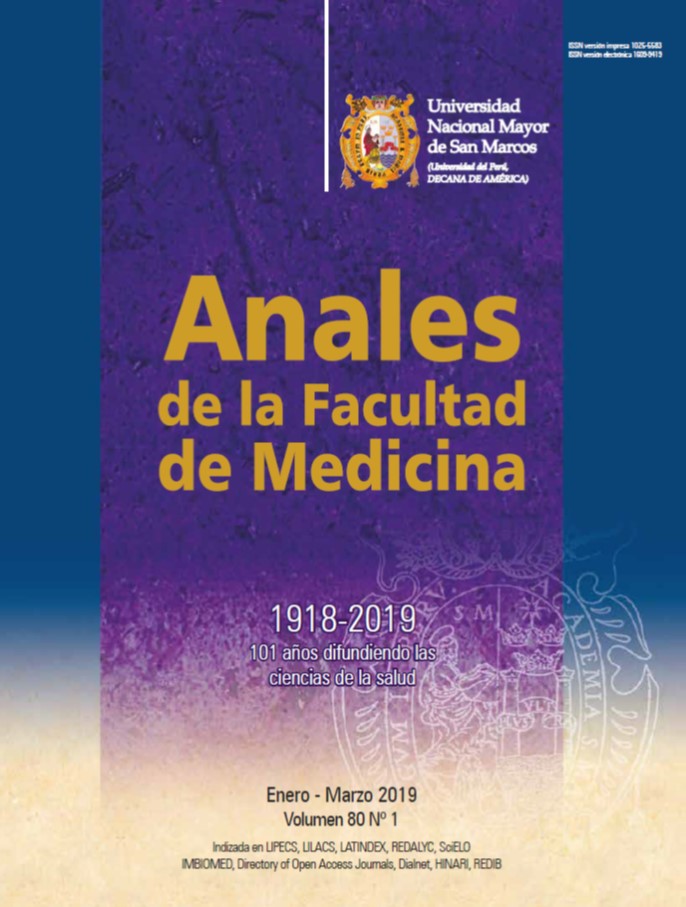Enfoques de género e interculturalidad en salud: una metodología para cubrir la necesidad de su apropiación sostenible en el Perú
DOI:
https://doi.org/10.15381/anales.v80i1.15709Palabras clave:
Equidad en Salud, Competencia cultural, Género y Salud, Garantía de la Calidad de Atención de Salud, PerúResumen
En el Perú existen grandes brechas de género e interculturalidad, particularmente en el sector salud. Estas brechas dan lugar a discriminación, muertes maternas e infantiles, maltrato y deshumanización de la atención de salud. Para mejorar la calidad sanitaria, el Programa SISTEC usó como metodología dictar talleres en género e interculturalidad; así, organizó 44 en 5 regiones y capacitó a 837 profesionales en salud. Sistematizando la experiencia, varios factores para mejorar los resultados resaltaron, como la selección de participantes, la adecuación cultural y la metodología utilizada. Los talleres impulsaron cambios socio-culturales en el ámbito laboral y personal, pero su sostenibilidad depende de las estrategias de institucionalización. Se concluye que los talleres pueden ser una metodología útil para impulsar la apropiación sostenible de los enfoques de género e interculturalidad, siempre y cuando forman parte de una estrategia holística y adecuadamente planificada donde los talleres sirvan como el punto de partida
para el cambio.
Descargas
Publicado
Número
Sección
Licencia
Derechos de autor 2019 Anales de la Facultad de Medicina

Esta obra está bajo una licencia internacional Creative Commons Atribución-NoComercial-CompartirIgual 4.0.
Aquellos autores/as que tengan publicaciones con esta revista, aceptan los términos siguientes:
- Los autores/as conservarán sus derechos de autor y garantizarán a la revista el derecho de primera publicación de su obra, el cuál estará simultáneamente sujeto a la Licencia de reconocimiento de Creative Commons que permite a terceros compartir la obra siempre que se indique su autor y su primera publicación esta revista.
- Los autores/as podrán adoptar otros acuerdos de licencia no exclusiva de distribución de la versión de la obra publicada (p. ej.: depositarla en un archivo telemático institucional o publicarla en un volumen monográfico) siempre que se indique la publicación inicial en esta revista.
- Se permite y recomienda a los autores/as difundir su obra a través de Internet (p. ej.: en archivos telemáticos institucionales o en su página web) antes y durante el proceso de envío, lo cual puede producir intercambios interesantes y aumentar las citas de la obra publicada. (Véase El efecto del acceso abierto).



